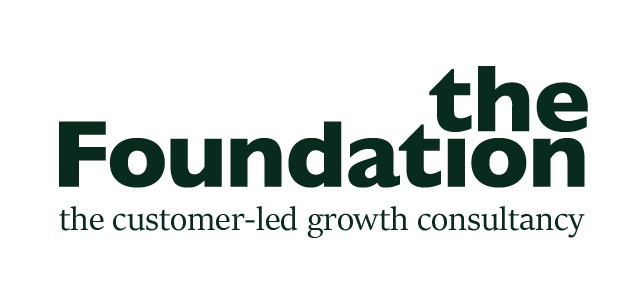Why is passion not enough when it comes to improving the customer experience?
When lots of good people want to do better for customers, why do so many organisations still struggle to deliver exceptional experiences despite all that passion and effort? Our managing partner, John Sills, reflects on what he’s noticed through his time working with hundreds of people across a range of organisaitons.
I'm really lucky to get to work with organisations of all shapes and sizes, and one thing that's consistent is that there's no lack of will to make things better for customers. But there is often a lack of focus, of prioritisation.
Most people in organisations want to do what's right for customers. I genuinely believe that. In my twelve years at HSBC, I could count on one hand the number of people I worked with who I didn't think really cared about customers. Yet somehow, despite lots of ambition and activity, the satisfaction scores were only ok, the experience was broadly average.
What I see in organisations is a lot of well-meaning but piecemeal activity. Lots of people in different departments, working to improve their bit of the experience, make something better for customers. But it's often completely disconnected from what is going on elsewhere in the organisation.
These activities are often 'now-forwards', too. They start by looking at what's going wrong now, and trying to fix them. This isn't bad, necessarily, but it means initiatives are often reactive, following customer frustration or competitor innovation, and short-term in outlook.
I think this happens because organisations lack a vision. Not a purpose, but a clear vision for the experience they want to create for customers, something that's meaningfully distinct from their competitors, something that's set in the future, to strive towards.
Or for those that do have a vision, it's often too generic. 'Easy', 'Simple', 'Fast', 'Personal'. Nice words but that lack depth, lack direction, and - to be honest - are fairly obvious, as the opposite would never be a good strategic choice (no customer is going to want a hard, complex, slow, generic experience).
Getting that clear vision is, I think, the missing link for lots of companies, helping to align all of their activities in the same direction - Future Back. They'll build up to a clear future picture and, crucially, allow them to say no to lots of things they might otherwise spend time and money on.
Prioritisation isn't the sexiest word when it come to CX or innovation, but it is maybe the most important. A bit like the words of the great Warren Buffett:
”The difference between successful people and really successful people is that really successful people say 'no' to almost everything.”
